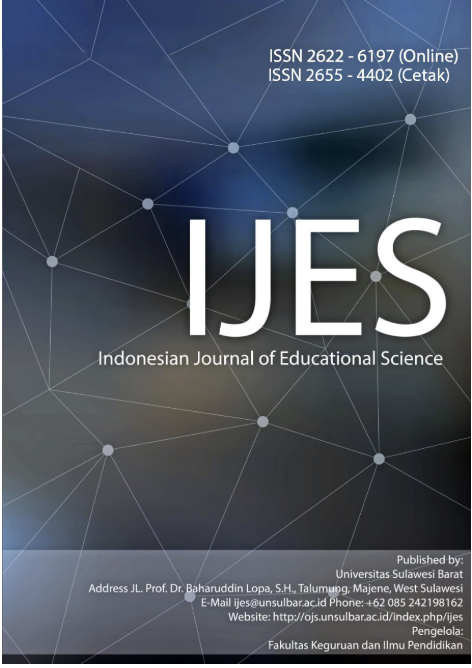Main Article Content
Abstract
This study aims to explore the role of extracurricular activities in shaping the character of elementary school children, as well as to examine the integration of local values in these activities. This study employs a qualitative approach with a case study design involving eight informants—teachers, parents, principals, and students — who are actively involved in extracurricular activities. Data were collected through semi-structured interviews and analyzed using a thematic analysis approach. The results of the study indicate that extracurricular activities in elementary schools have a significant influence on developing students' character, such as discipline, cooperation, leadership, and a sense of responsibility. Extracurricular activities such as Scouting, Paskibraka, futsal, and drum band play an essential role in fostering positive character in students. Additionally, these activities incorporate local values, such as cooperation and environmental responsibility. Despite challenges related to time constraints and limited resources, support from schools, teachers, and the community is crucial to maximizing the benefits of these activities. This study reveals that integrating local values into extracurricular activities not only strengthens students' character but also preserves local culture and traditions while reinforcing national pride and cultural identity. The findings of this study are expected to contribute to a deeper understanding of the role of extracurricular activities in character education and provide recommendations for the development of more effective educational policies in elementary schools.
Keywords
Article Details

This work is licensed under a Creative Commons Attribution-NonCommercial-ShareAlike 4.0 International License.
